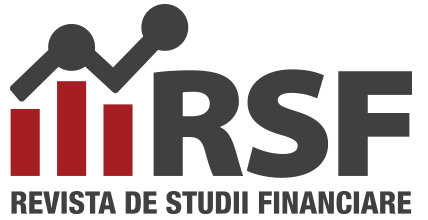Authors: Beatrice -Elena Gore, Ana-Rebeca Neagu (Ion), Alexandra Tarau, Florin Radu
Vol. 10 • No. 18 • May 2025
Abstract
The purpose of this article is to analyse the impact of the digital economy and technological transformations on industrial and professional competitiveness, with a particular focus on the accounting profession. The study explores how adapting competitive strategies and business models to digital realities influences organizational performance and long-term sustainability. The methodology employed includes a qualitative analysis of relevant literature, complemented by case studies and secondary data on labour market changes, the automation of repetitive tasks, and transformations in strategic sectors such as automotive, robotics, semiconductors, and aerospace. Additionally, it examines the shifts in professional qualification requirements and how digitalization is shaping labour markets and organizational strategies. The findings reveal that the digital economy is driving significant labour market polarization, favouring highly skilled workers while posing risks for those engaged in repetitive tasks. On a global scale, the competition in artificial intelligence is led by the US and China, while the European Union focuses on strengthening competitiveness in strategic industries such as automotive, robotics, and semiconductors. In the accounting profession, digitalization introduces new challenges, and maintaining competitiveness requires strong professional training, advanced technological skills, and adaptability to change. In conclusion, integrating digitalization into competitive strategies is essential to ensuring the performance and relevance of both organizations and professionals. Aligning digital innovation with economic strategy has become a decisive factor in navigating the complexities of today’s economic and technological landscape.
Keywords: artificial intelligence, internationalization, skills, accounting, competition, economy.
JEL Classification: J24, M12, M41, M51, N24.
DOI: 10.55654/JFS.2025.10.18.07
